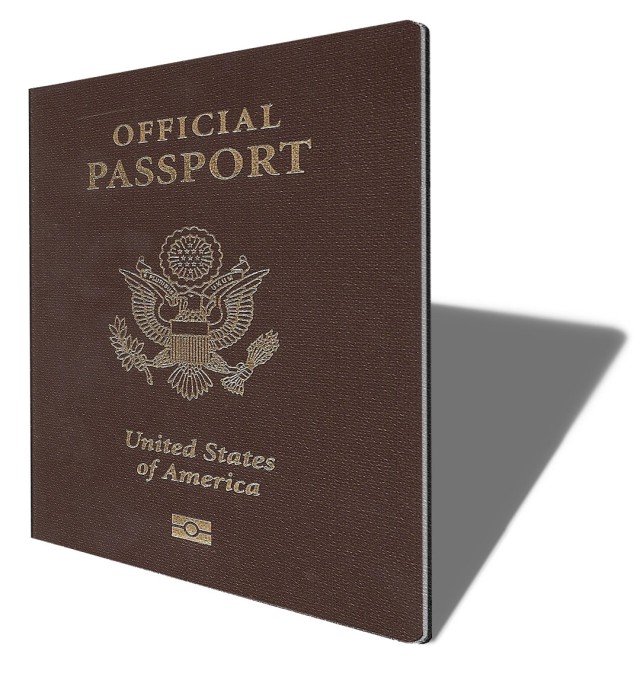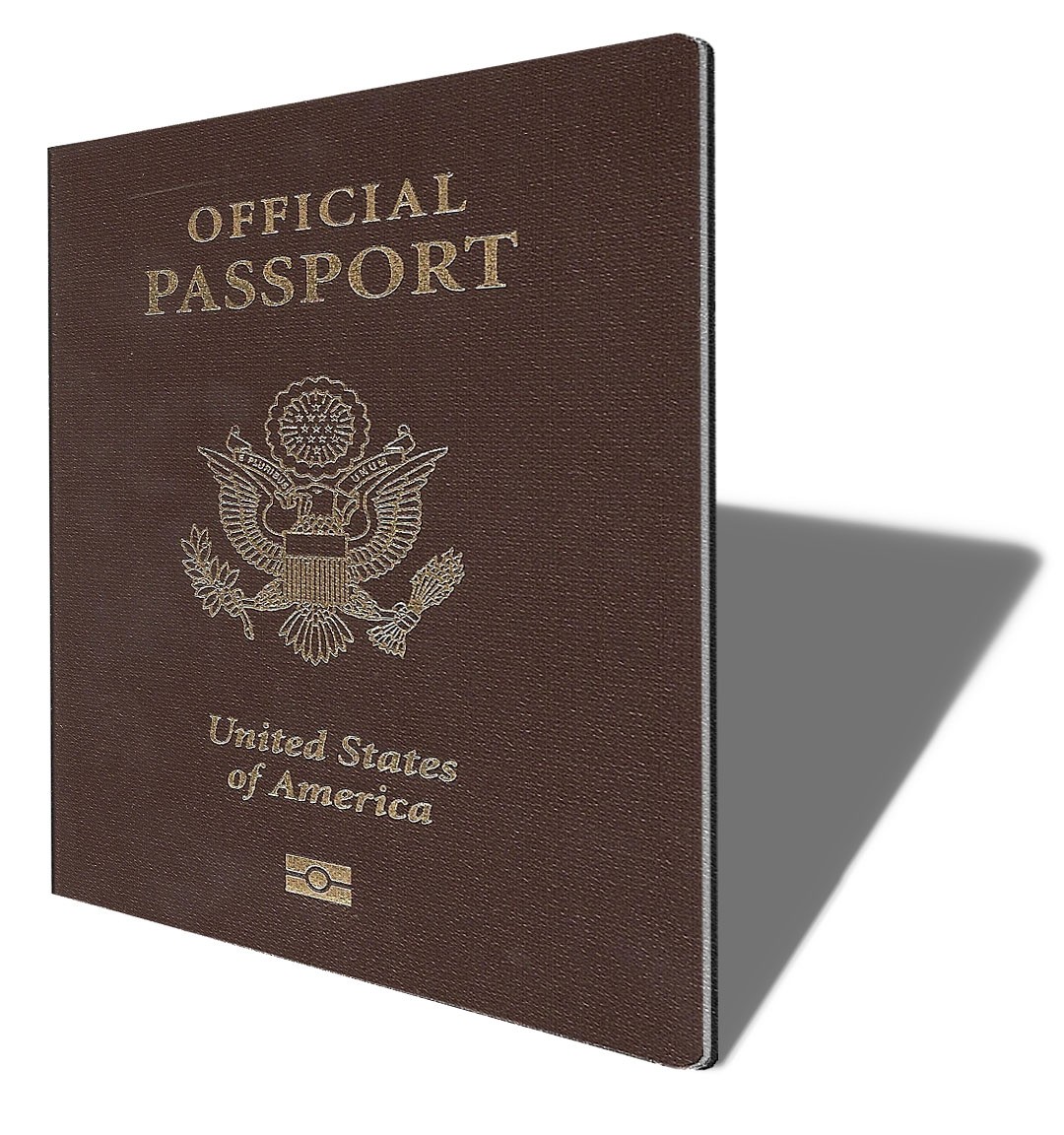YONGSAN GARRISON, Korea - Official passports are a mandatory requirement for all U.S. government civilian employees working in the Republic of Korea according to the most recent Foreign Clearance Guidance published at https://www.fcg.pentagon.mil.
Official passports are also required for dependents of U.S. government civilian employees.
Most U.S. military members only need official orders and military identification, but their command sponsored family members are required to have a no-fee passport.
The Korean Immigration Department has always loosely-enforced this requirement, said Les Feist, 8th Army military passport agent, but it's a policy that South Korea could suddenly begin enforcing on a whim for any reason to include a number of potential international incidents or even political instabilities.
Feist conceded that many U.S. civil servants and military family members have entered Korea and stayed entire tours on tourist passports with the appropriate Status of Forces Agreement, or SOFA, A-3 visa. These people are only able to do this, he said because the Korean government currently isn't enforcing their own rules on use of official passports - a provisional posture that could change suddenly without warning. For this reason Feist strongly recommended that civil servants and family members in Korea apply for an official passport or no-fee passport respectively. Both types of passports can be obtained at no cost to the applicant.
The Foreign Clearance Guidance currently allows those on orders to Korea to use tourist passports (at their discretion) for entry when there is a delay in obtaining the official/no-fee passport. But personnel will not be reimbursed for the cost of obtaining a tourist passport.
"The confusion most people have is that they assume that since they can technically travel to Korea with a tourist passport, they do not then need an official passport (which is incorrect)," wrote Feist in an e-mail. This assumption can lead to serious problems for people who travel outside Korea on leave or who PCS to another overseas assignment, said Tanya Barnett, 8th Army military passport agent.
If, for example, an employee travels to the United States while on leave and Korean Immigration began enforcing their rules, the employee could possibly not be granted reentry without an official passport. Or, if an employee receives orders while in Korea to work in Italy, a country that strictly enforces the official passport requirement, that employee would be unable to enter Italy without an official passport. Obtaining the passport can take up to eight weeks, said Barnett.
For these and other reasons, Feist suggested getting the required passport is a priority, even if already in Korea on a tourist passport.
There is one wrinkle for those who receive an official passport after arriving in Korea on a tourist passport - Feist explained it with a personal experience: After receiving a job offer in Korea, Army Human Resources advised Feist he would be issued orders in 60 days to allow him time to obtain an official passport. However, he requested orders immediately opting to travel on his tourist passport. Upon arrival he applied for an official passport to be in compliance with FCG. Once it was issued he went to Korean Immigrations to have the A-3 visa transferred only to find out they wouldn't authorize it on a passport he didn't use to enter the country. "So my official passport sat at home in a desk drawer," he wrote.
But obtaining the official passport wasn't in vain for Feist because he had it in case of any sudden changes in Korean Immigration procedures. Incidentally, the next time he left Korea and reentered, he showed the official passport instead.
Feist added that once the SOFA stamp is obtained in the official passport the appropriate procedure for tourist travel from Korea to another foreign country is to present the official/no-fee passport when departing Korea, and then show the tourist passport for entry into the country of destination. Use the reverse procedure when returning to Korea.
"The bottom line," he said, "is that unless Korean Immigration ... decides to enforce their agreements with the U.S., you probably won't have any issues. However, as the FCG requires official/no-fee passports, my position as a Military Passport Agent is to push folks to be compliant with the policy."
The application process for passports is outlined and available on the Client Legal Services website: http://8tharmy.korea.army.mil/sja/ClientLegalSvc/. First time applicants and minors should apply using the DS-11 application. Adults who already have a tourist passport or wish to renew their official/No-Fee passport should use the DS-82 application.
In Korea, passport applications can be submitted directly through Client Legal Services daily during regular business hours, through the U.S. Embassy's satellite office on Yongsan Wednesdays 10 a.m.-2 p.m., or directly at the U.S. Embassy in Seoul.


Social Sharing